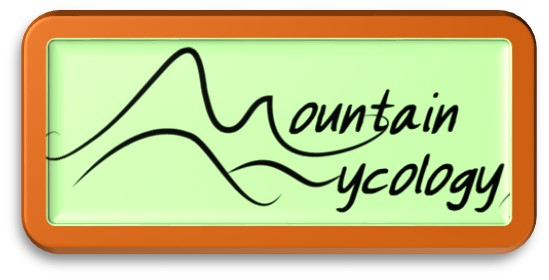In spite of the beautiful, sunny spring day, fate has conspired against Timi's mushroom workshop this afternoon. More urgent transportation issues have arisen that need to be addressed today, so it is with regret that the late afternoon mushroom workshop that Timi was going to give at the Kentucky Green Living Fair has been cancelled.
There will still be plenty of other learning and networking opportunities at other workshops and activities throughout the day , so we hope folks (who have reliable transportation) will still venture out and enjoy what the fair has to offer. In fact, one of our neighbors from Clear Creek Jams, Jellies, & More will be at the fair selling oyster mushroom logs (Golden and Blue Dolphin) and unique home-made treats like hickory syrup and red-bud jelly.
Meanwhile, once transportation issues are solved, we'll post some of the presentation materials that Timi prepared for the mountain mycology workshop as soon as possible.
There will still be plenty of other learning and networking opportunities at other workshops and activities throughout the day , so we hope folks (who have reliable transportation) will still venture out and enjoy what the fair has to offer. In fact, one of our neighbors from Clear Creek Jams, Jellies, & More will be at the fair selling oyster mushroom logs (Golden and Blue Dolphin) and unique home-made treats like hickory syrup and red-bud jelly.
Meanwhile, once transportation issues are solved, we'll post some of the presentation materials that Timi prepared for the mountain mycology workshop as soon as possible.




